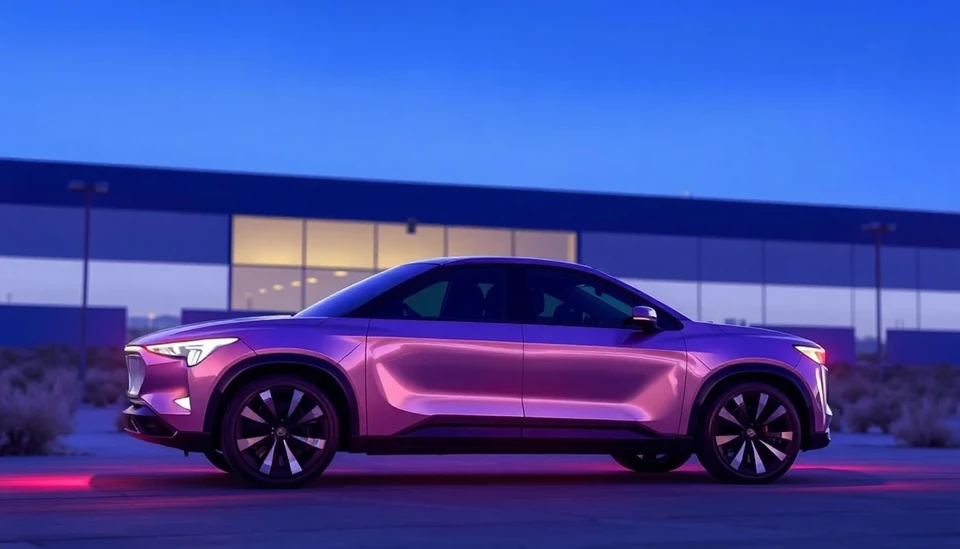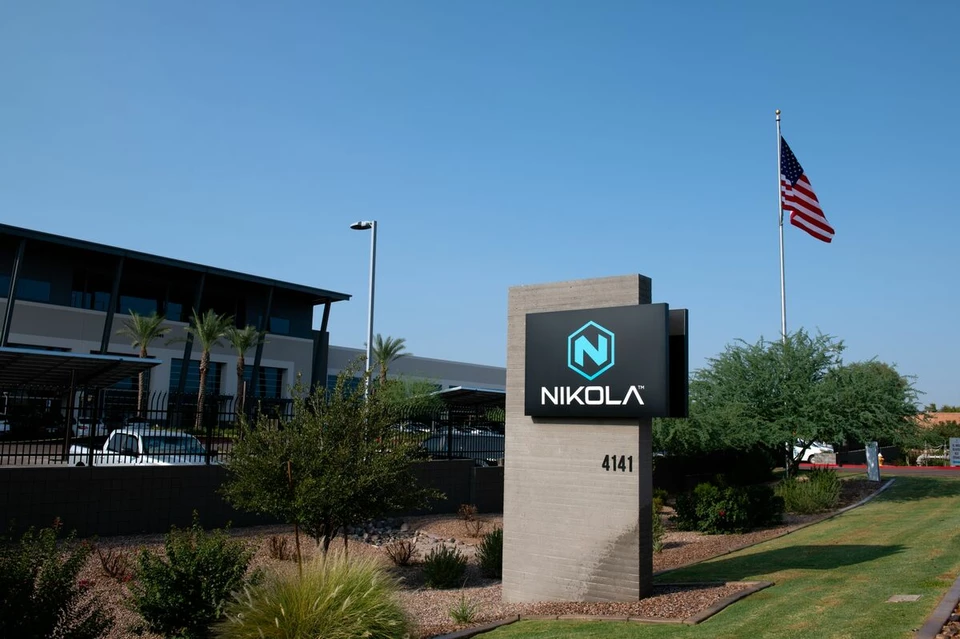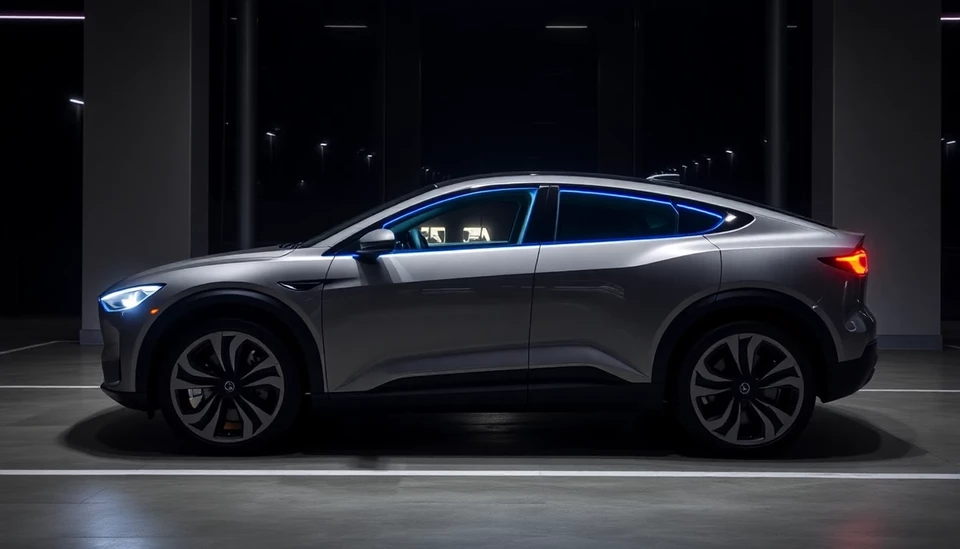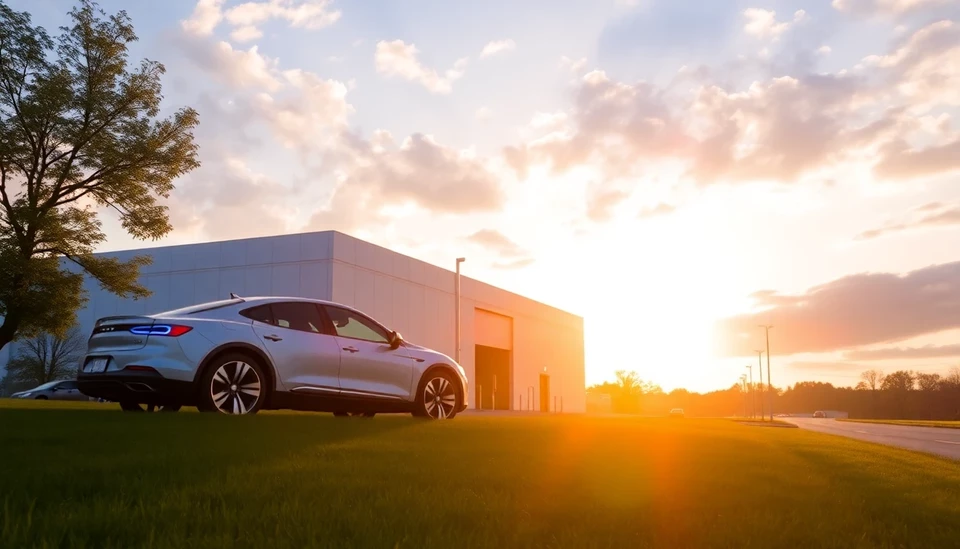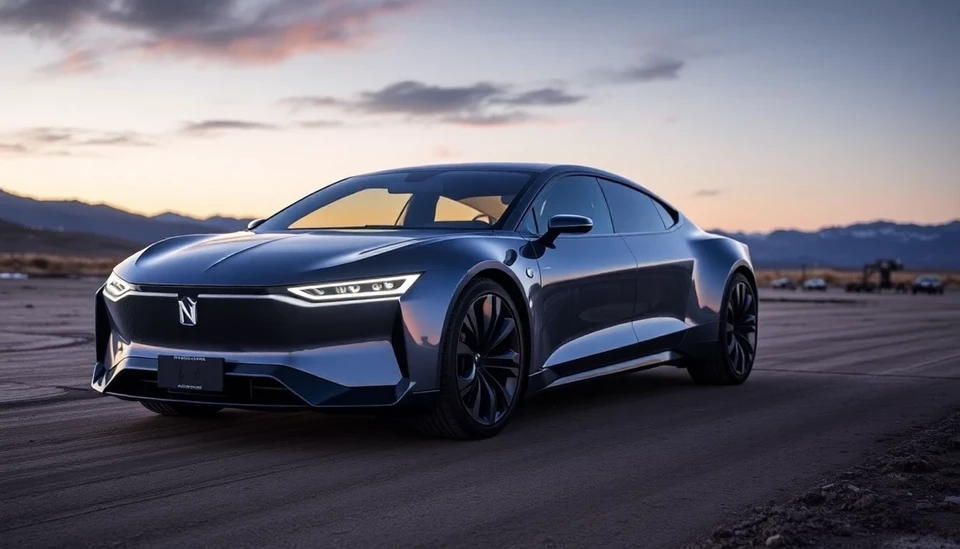
The electric vehicle (EV) sector is facing yet another tumultuous chapter as Nikola Corporation, a major player in the industry, is reportedly considering filing for bankruptcy. This marks a significant turning point for a company that has experienced a rollercoaster of events since its inception. The news emerges at a time when the industry is undergoing drastic changes, raising questions about the viability of emerging EV manufacturers amidst fierce competition and financial uncertainties.
In recent disclosures, Nikola has signaled that it is weighing its options, including the dreaded possibility of bankruptcy. The company has already been grappling with severe challenges, including a limited production capacity, allegations of fraud against former executives, and ongoing financial losses. This impending decision comes as a shock to investors and analysts who have been closely monitoring Nikola’s journey through a landscape marked by aggressive growth ambitions and operational hurdles.
Originally founded with ambitions to revolutionize the transportation industry, particularly in the hydrogen-powered vehicle segment, Nikola has struggled to deliver on its lofty promises. Over the years, the company has faced scrutiny and skepticism, especially after former CEO Trevor Milton was indicted on fraud charges. The legal troubles have only compounded the challenges for Nikola, leading to a gradual erosion of investor confidence.
Following the peak of its stock price in mid-2020, when shares soared due to high expectations from investors, the company has been in a downward spiral, illustrating the volatility of the EV market. While many traditional automakers have made significant strides in their electrification efforts, Nikola's struggles emphasize the distinct challenges faced by newer startups in the industry.
Financial analysts suggest that filing for bankruptcy may be one of the few options left for Nikola to restructure its debts and potentially emerge with a more sustainable business model. If the company proceeds down this path, it could lead to a reorganization that focuses on its core operations while shedding unprofitable segments.
Moreover, the future of Nikola would have significant implications for the EV sector as a whole. The company has often been regarded as a cautionary tale about the risks associated with speculative investments in unproven technologies. Investors may need to tread carefully in a market where exuberance can quickly turn into despair, as seen in Nikola’s case.
As the deadline for a potential bankruptcy filing approaches, it remains unclear how Nikola plans to navigate this precarious situation. The company has not made any official announcements regarding its next steps but indicated it would keep stakeholders informed as developments unfold. It is a critical time for Nikola, as both the financial future of the company and the broader electric vehicle market hang in the balance.
Despite the gloomy outlook, some analysts still express a glimmer of hope that Nikola might be able to pivot successfully if it can realign its strategy and focus on delivering viable products to consumers. However, a cloud of uncertainty looms large, making it a challenging road ahead for this once-promising EV pioneer.
As the situation evolves, all eyes will be on Nikola to see if it can not only survive this phase but also potentially reshape its identity in the rapidly transforming automotive landscape.
#Nikola #Bankruptcy #ElectricVehicles #EVMarket #TrevorMilton #StartupChallenges #HydrogenCars #FinancialStruggles #InvestorConfidence #AutoIndustry
Author: Victoria Adams
